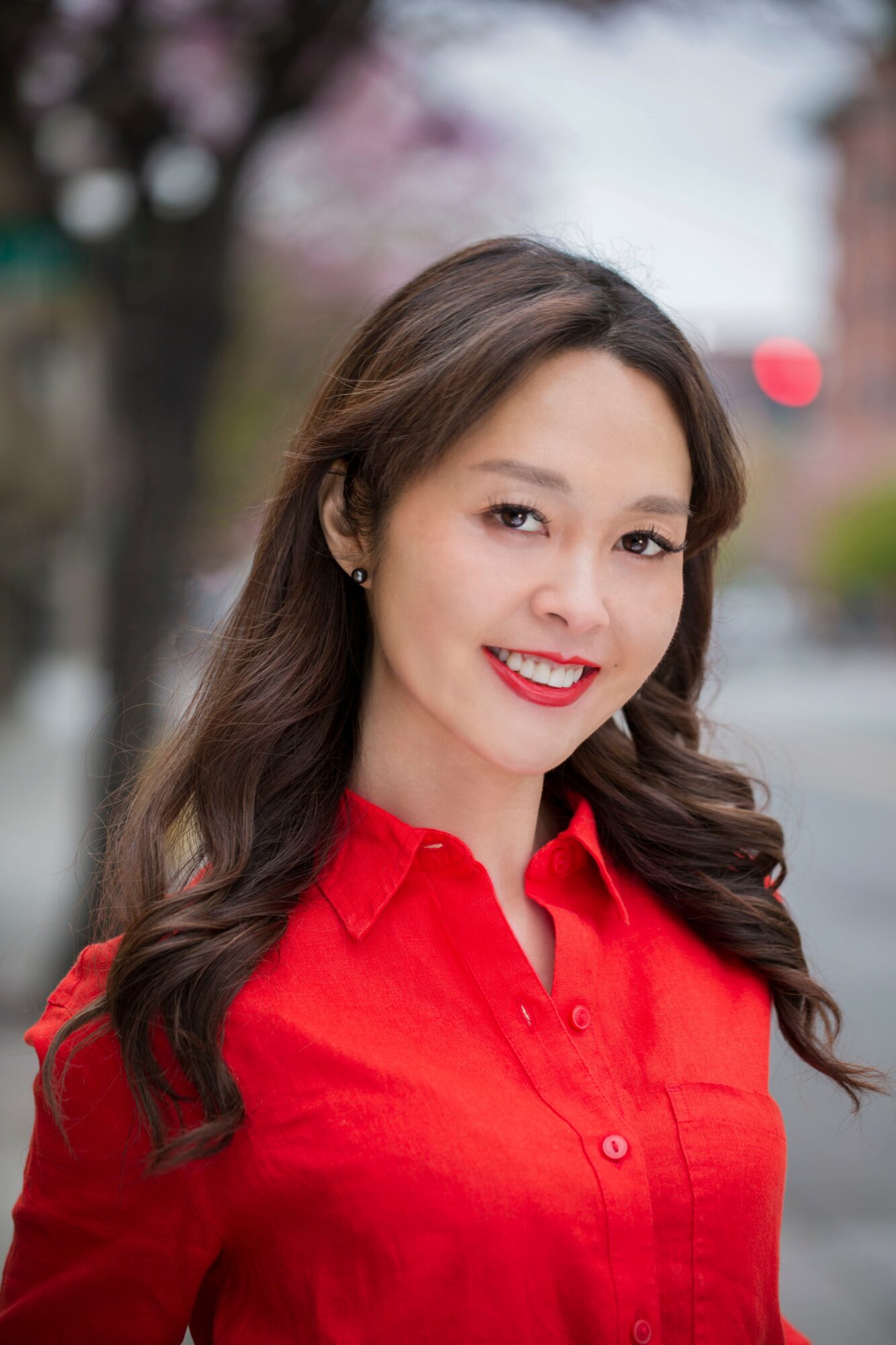

Today we’d like to introduce you to Yoko Honda Gaalaas.
Hi Yoko, can you start by introducing yourself? We’d love to learn more about how you got to where you are today?
My musical journey started when I was 2, in the suburb area of Japan. My parents found out early on that I’ve got so-called perfect pitch. From there, I was training and competing for years as a classical pianist. I’m assuming that I was very curious about anything and everything about audio or sound related things – My parents told me that I asked my parents if I could learn English at a kid’s school when I was 4, saying that “I want to speak magical and different like Dad”. Back then my dad was learning English for his job, and it must’ve looked so cool although I don’t remember this story at all, haha. Little did I know that this childhood hobby of mine would eventually help me to study and live abroad. Back to the music side, while studying classical music growing up, I was fascinated with music from outside Japan especially after I started understanding English. R&B, Gospel, Soul, and Old-School Hip-Hop were my favourite. Fast forward, when I have just begun to focus on my higher education in my teenage years, I found this wicked school while I was browsing on the dial-up internet that would allow me to double major in pop music study as a performer and sound technology. By that time, those two were standing strong in me like two big pillars as my main interest in the future career, so imagine the hype I felt when I saw the ad of this school. Then the next moment I have got confused as it said the school is located in “Liverpool, England”… I didn’t even know where Liverpool is, but I knew for sure that’s the dream school I wanted to go. A little later I discovered that the school was founded by Paul McCartney from the Beatles, and yes, after a long winding road I was accepted to study there – at LIPA (Liverpool Institute for Performing Arts). The beginning of my international journey around music. LIPA was wonderful, but sadly noticed towards the end of my final school year that becoming a professional performer or an engineer / programmer isn’t my passion. I was anxious and agitated for a little while about my future occupation, and that’s when I have met composition for Film & TV. It was just one of the required classes, but was a game changer – or I should say, life changer for me. All the dots were finally connected as a line, and I was quite convinced that my career goal would be to work globally as a composer for Film & TV. The only issue was that I only had half a year or so before graduation, and I realised immediately that I almost had no knowledge or good portofolio to jump into the industry for work. Here we go, time to study again… I started looking into a post graduate / Master’s program. Long story short, that’s what brought me to the US. I first lived in North Carolina, and went to a film school there and eventually obtained a Master’s degree in Film & TV composition. I was thinking about and gearing up to move to New York after graduation, but once again quite last minute-ly, I was convinced to move to Los Angeles when the film school I was at offered an industrial school trip to LA. It almost feels like music had always led me to the right direction regardless of my strong will or desire to do something along my journey, but I am grateful that I have got gravitated towards the right path minus the last minute part. I still don’t prefer to encounter big changes in my life at the last minute, and I suspect I was traumatized somewhat because of these two big continental moves in less than a decade! Haha. Life is funny that way, and I love it.
It has been over 15 years that I’m here in California working as a composer and music director, but the first half of those years were honestly not much to tell – I have done many unpaid gigs while hopping around multiple day jobs just to gain some credits and build my portfolio, like everyone else who starts their career in this town. I will be honest that I had to face so many disparities and unexpected prejudice often as well, but I was young enough to pressure and corner myself like “You are at a point of no return. You love this work, your family and friends supported you to come this far, so you should not give up easily”. I used those unpleasant experiences to fight back and treated them as my fuel to thrive.
Little by little, I started gaining projects that are something people would easily recognise – several TV shows and film trailers mostly. I was constantly busy working on projects, big or small, and I kept going to industrial events and showcases to establish better connections at the same time.
The next career turning point on my musical journey happened a couple of years before the pandemic has hit this movie town in full-swing. I was asked to join a startup company that primarily targets the game audio industry to provide game music and sound production services. I had always been a big gamer growing up, but I never dreamt that I would work in this specific audio area – Back then the game audio / music industry wasn’t as established as these days either. In that sense, the pandemic was yet another game changer (literally). Many remote work projects have been globally established, and I have learnt so much about interactive media and its audio / music productions that are totally different from Film & TV. And now, after many years since I left Japan with a lot of twists and turns, I work as a multi-media composer and music director here in LA under my company SIA Sonus.
Would you say it’s been a smooth road, and if not what are some of the biggest challenges you’ve faced along the way?
My mum always says that my life is nothing but obstacles and challenges as if I am willing to accept them, and I must agree with her on that! haha. Like I mentioned, being a foreigner was always a trigger of many obstacles and challenges in any and every town I have lived in, Language, culture, labour restrictions, on top of the fact that I am a woman entrepreneur trying to break into the scenes that were primarily male driven in those days. I stopped counting after a year of my LA life or so about how I was the only one in the room who is: a foreigner and/or minority and/or a woman. It was that much, is all I can say.
But I just didn’t want to be a complainer about my situations. I kept telling myself that my unique and diverse background and upbringing will eventually be my weapons, and just continued to work hard. Do you know what? Fortunately I was right on that. They did become my strong weapons, and being different with hardship is so worth it because it would add a lot of flavours to who you are and influences your music creation too. One thing I always had in mind consistently is that “I never want to be defeated by the obstacles / challenges before I could feel that my career goal has been achieved”. In other words, I would dare try to be different in order not to be easily expendable or dismissed.
The biggest realisation I have gained through many obstacles and challenges so far, by the way, is that people around you could be one of your biggest assets. And oftentimes those who would support you have gone through the hard times themselves that they know the struggles and pains to share with you. Whether it’s your partner, family, friends or colleagues… At least I would reckon it’s the people around me at the end of the day who encouraged me, inspired me, and motivated me to move one step further, and I am very appreciative about them. I strive to keep building reciprocated relationships with them as well… and that is part of my “ikigai” too.
Thanks for sharing that. So, maybe next you can tell us a bit more about your work?
I am primarily a composer / music director for motion pictures and video games. Basically a creator of soundtrack for film, TV, commercial, video game, and other various media and platforms including theme park and fashion show. When I work as a composer, my specialty is definitely associated with the perfect pitch I previously mentioned; my works are known for its melodious layers of sound and harmonies, even if it’s a simple minimal track. My background and upbringing – Japanese with a touch of British – certainly influence my musical tonality too; sometimes I hear rhythms and harmonies native to those cultures and their music in history.
When I work as a music director, work duties are a little different. I often have to set and manage strategies of the music and the sound of the project together with developers of the project, and supervise music and sound that are created by myself and/or other artists. This includes budgeting and workflow tracking / controlling as a lead, and there are also a lot more minor tasks along with the communicative tasks involved in between. I am the liaison of the production team and the artist / performer team as well, and although it takes a lot of my time and energy, I find it fulfilling and I like the nature of multi-functionality of this job role.
This is especially most rewarding when I could be the bridge on a global project involving the project crew from multiple countries. For example, when I worked on one of my most recent project ‘CAPCOM Fighting Collection 2’ by CAPCOM from Japan as a music director and contributed myself to produce 20 tracks altogether across this awesome compilation of 8 game titles, there were US creators / performers and Japanese audio production team and my work duties were consistently in bilingual mode. It was challenging at times, but again, more satisfying at the end when I saw my clients and all the crew I worked with be happy with the outcome and made me proud for sure.
I’ve also got to work on the same project as a music writer, and that gave me a different kind of satisfaction too – Imagine you grew up as a big time gamer, and you are now working for the company on their classic games that you used to love playing as a kid! I have definitely been honoured and stoked about this project participation. My parents are far away from the gaming world, yet they still recognised the company and the game! That is quite something for me too, haha.
And if you ask what my most intense global project was? It’s definitely this game project called ‘Trek to Yomi’ where we had crew working and communicating from the US, Japan, Scotland, Italy, and Poland. Think about scheduling a zoom call for this set-up… that alone is brain wrecking, isn’t it?
Although the crew of this project was so colourful, the music I composed was fully authentic Japanese. That was another level of challenge for me to dive into traditional scales, tuning, performance tactics for the artists we recorded to make sure all the music would still fit in the category of game music, like at a deeper level – deeper than ever. And like people say “there is always a rainbow after the rain”, after some stormy challenges and obstacles through this project, I gained more confidence to say that I could create and produce traditional Japanese music and sound for modern entertainment platforms. Certainly another big achievement. And I am still good friends with the game director who now lives in Italy… This friendship is so precious and also a great plus one that I have earned through the project!
I will by all means try to continue to work globally in the future, even more so with other countries’ people and productions that I have never worked with yet. These days I feel that I’m meant to be working like that, and again, I am thankful that we all live in the era where we could go beyond those borders.
What sort of changes are you expecting over the next 5-10 years?
As it’s already on the horizon, I would say the existence of AI would be the big game changer factor in our industry. I mean, it could be a game changer in almost any and every industry, but I think for our industry, it will for sure have us alter the creative process regardless of the platforms. One of the biggest questions I’m frequently asking myself when I check those relevant articles online and offline is, “how much creativity can we call our original and should we say it’s the AI who did the work?”. The fine line between the creations by humans and by AI is getting more blurry as the AI technology advances, is how I strongly feel these days. For example, if I ask chat GPT to give me some ideas of the song motifs, but I finished the song afterwards by myself using some of those motifs together with my ideas, what is the most appropriate credit going to be? That kind of dilemma. I assume the changes are inevitable around AI in our industry, and it may not take the next 5-10 years… it could be a lot faster than that, I would reckon. Earlier this year I had an opportunity to teach AI music and audio technology for a short time period, and after I witnessed what’s capable with AI, I can almost guarantee that the changes will probably happen way faster than we think. Another thing I am curious about is the progress of AI performers on stage – we already have a vocaloid on stage, like Miku Hatsune with the hologram projection, but I think AI will bring it to the next level with or without the actual human shaped figure/s on stage.
At the end of the day though, I still prefer to say that human beings ultimately have something that AIs cannot recreate or surpass completely. Because as you know, sometimes human imperfections and uncertainty in music are the determining factors of what makes us love the song / music. Also I love the moments when humans pull off those unexpected miracles through music without any calculations… I would like to believe that there will still be some room for us the humans to be the original that AI cannot 100% mimic.
Contact Info:
- Website: https://linktr.ee/yokohondagaalaas
- Instagram: https://www.instagram.com/yokohondagaalaas
- Facebook: https://www.facebook.com/yokohondagaalaas
- LinkedIn: https://www.linkedin.com/in/yokohondagaalaas
- Soundcloud: https://soundcloud.com/yokohondagaalaas
- Other: https://open.spotify.com/artist/3UtOoAbkq0i1m5TYcT6iti?si=QS05JahUQK-EJi9pW7Hbcw
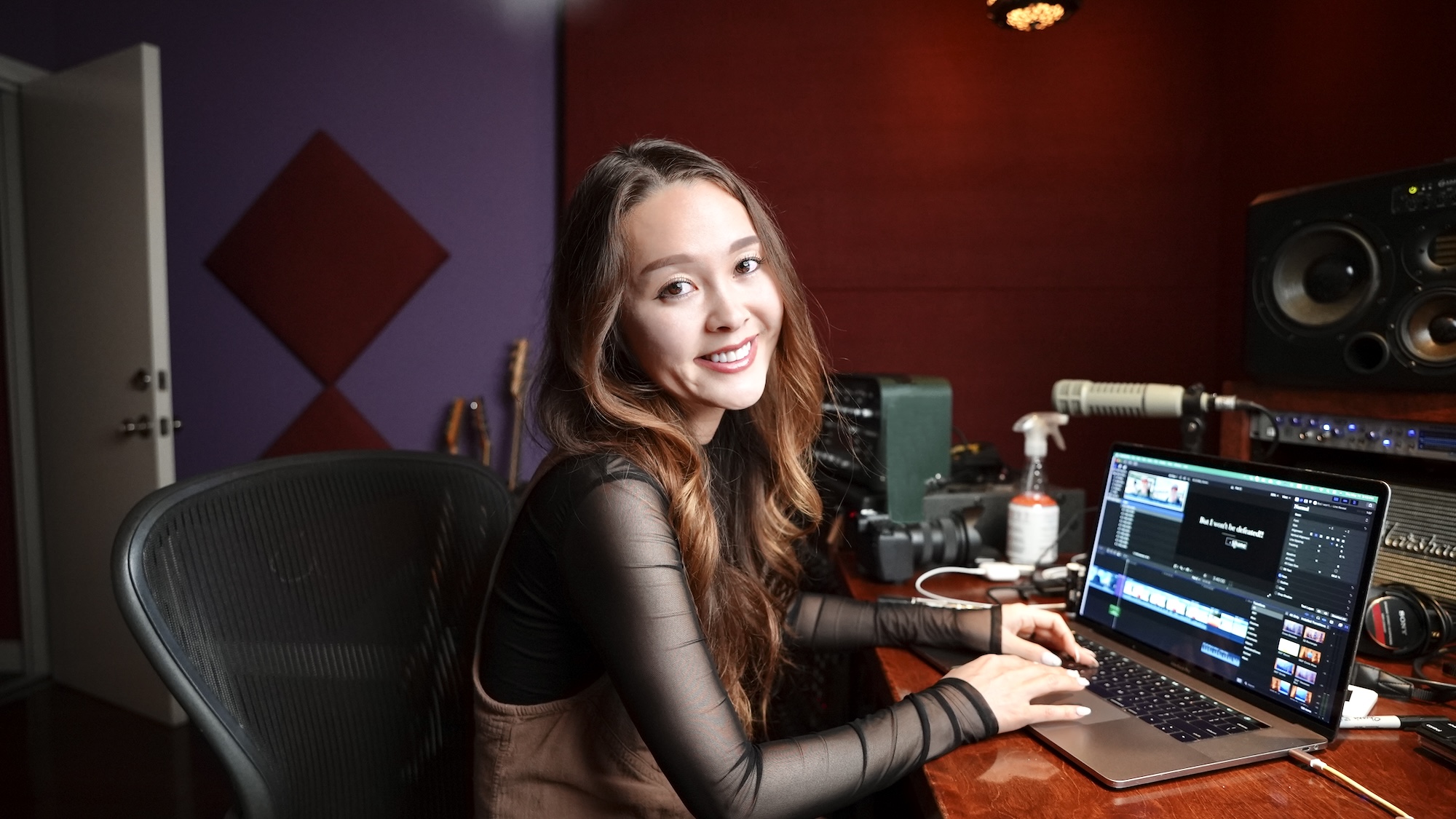
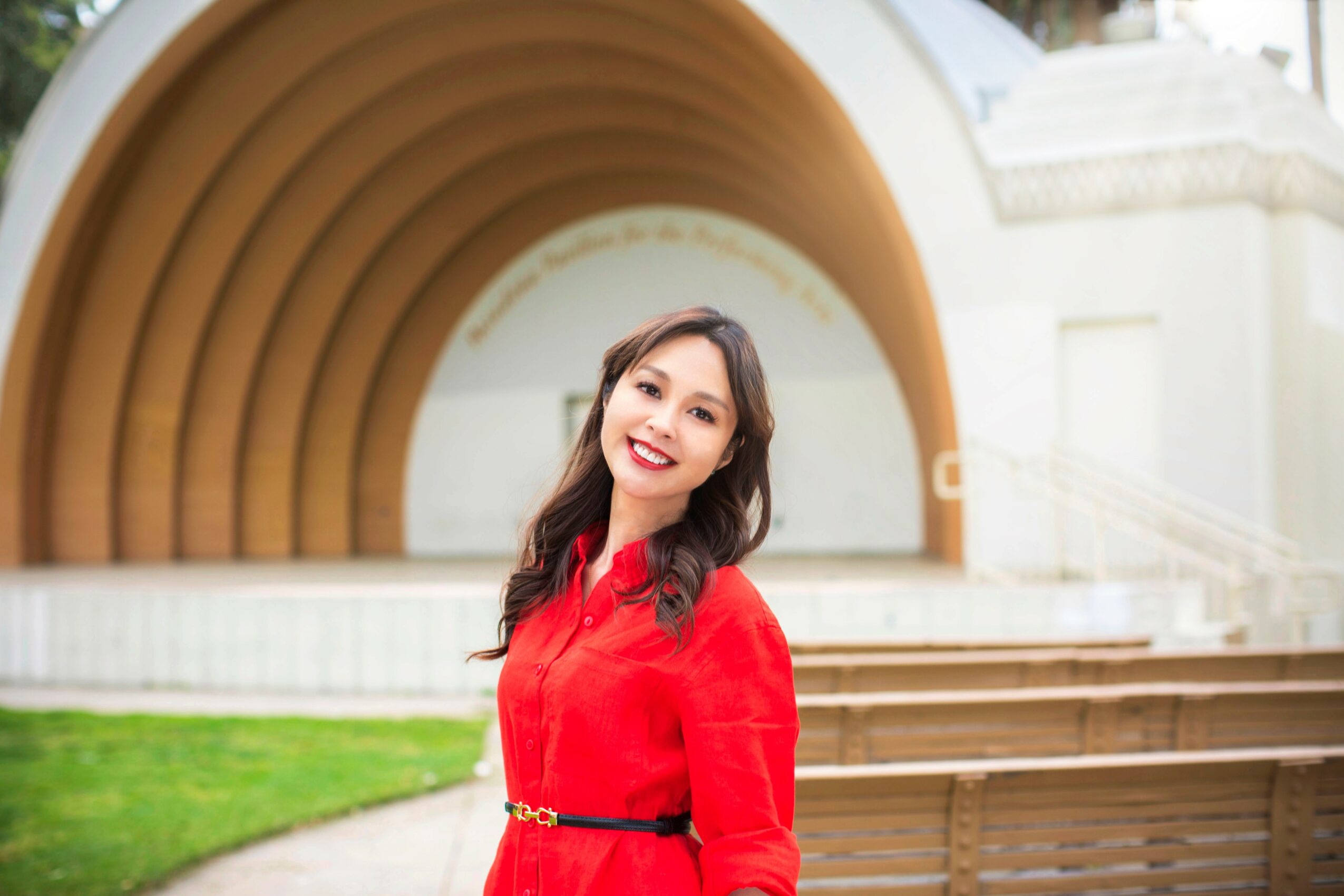
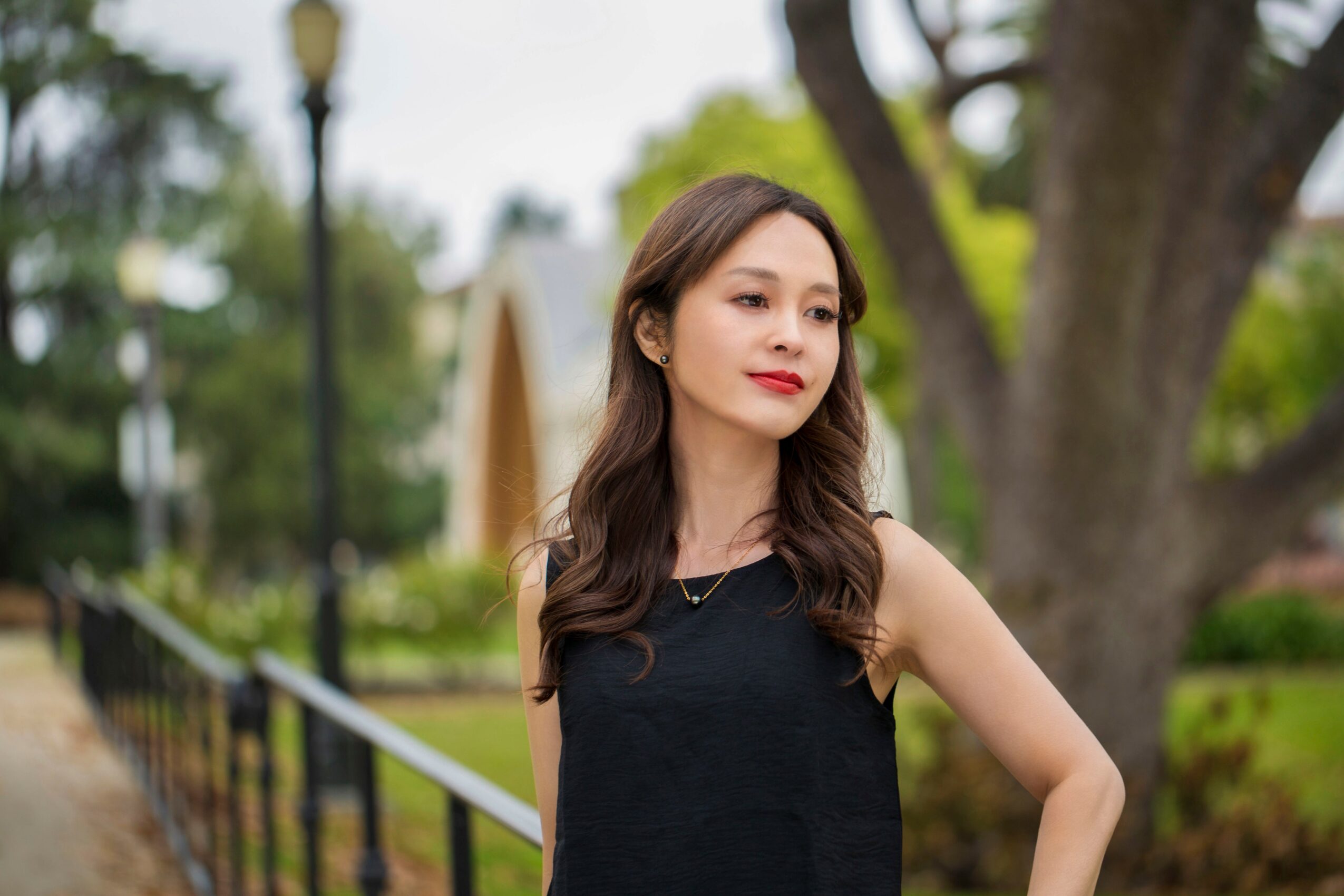
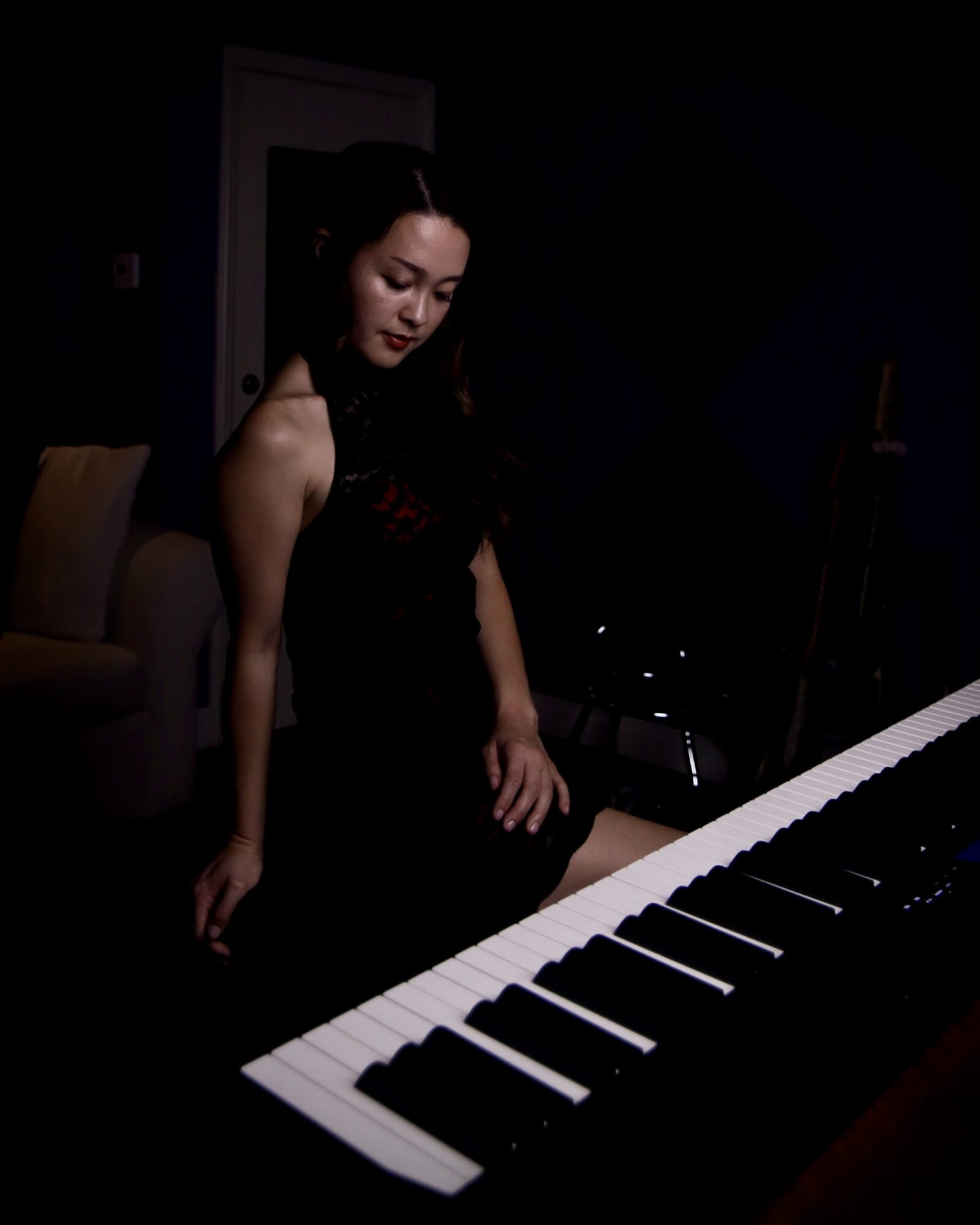
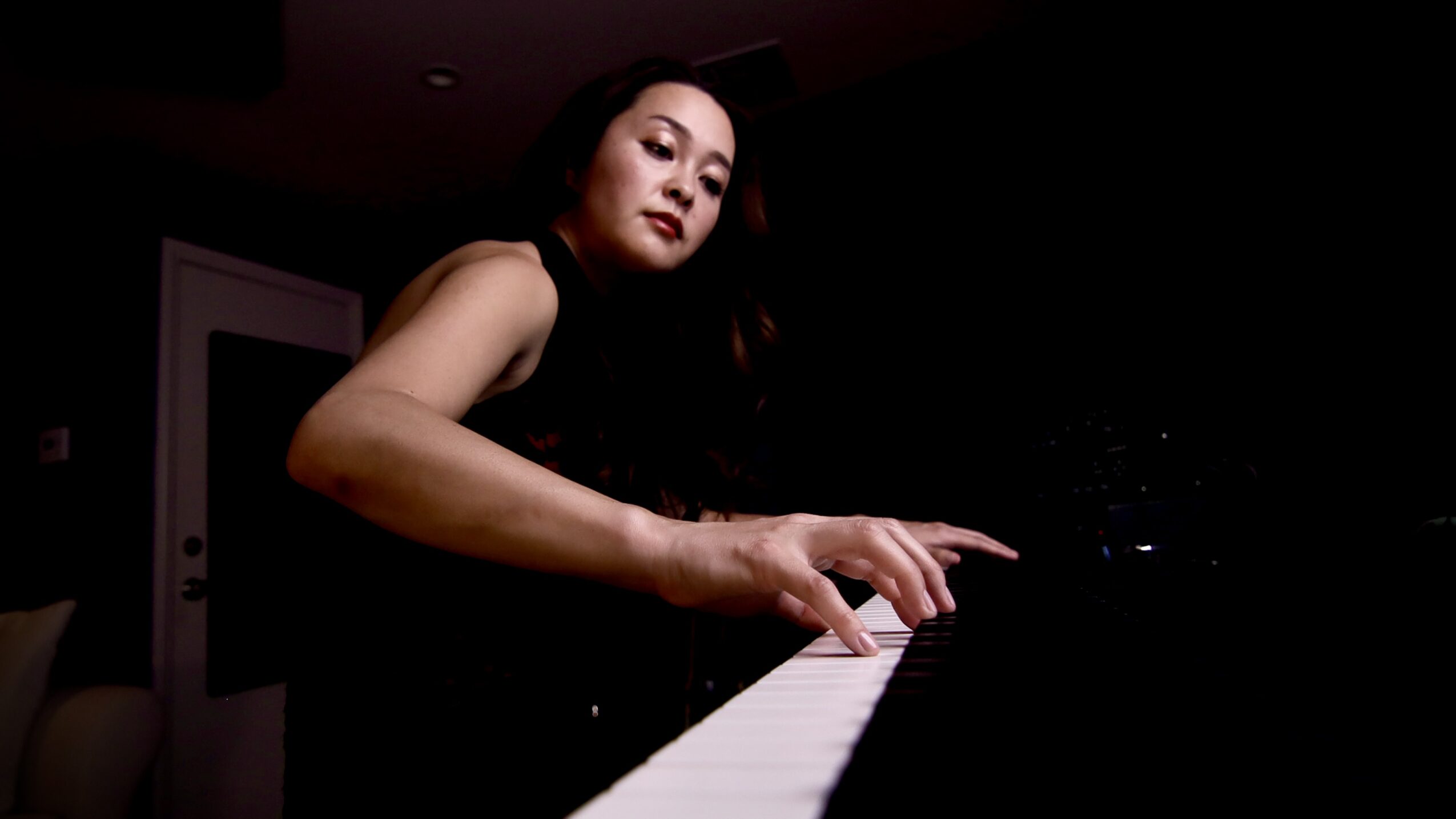
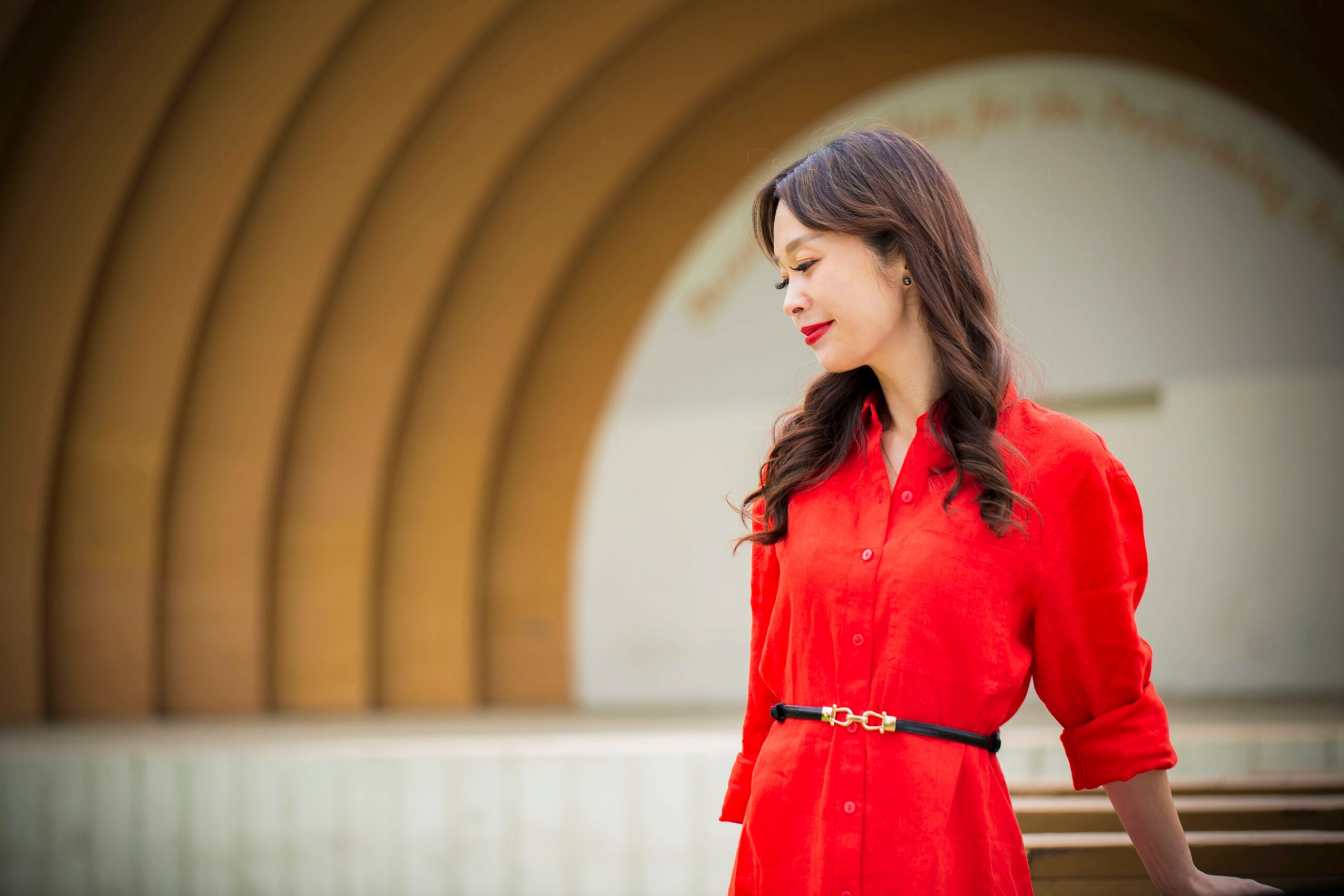

Image Credits
Kaori Suzuki
Shane Gaalaas














